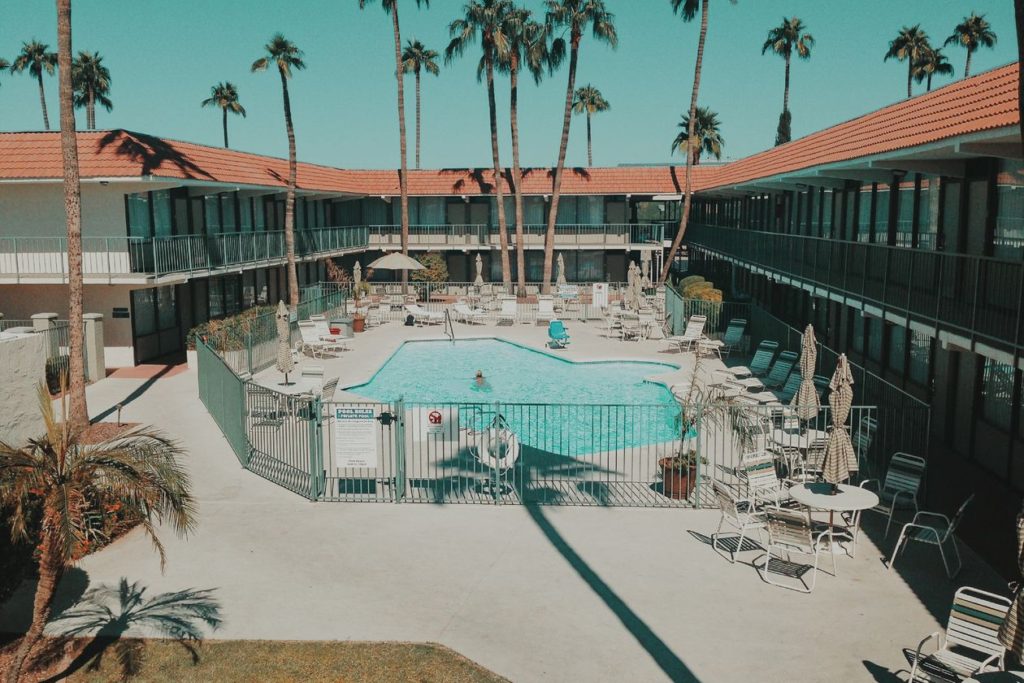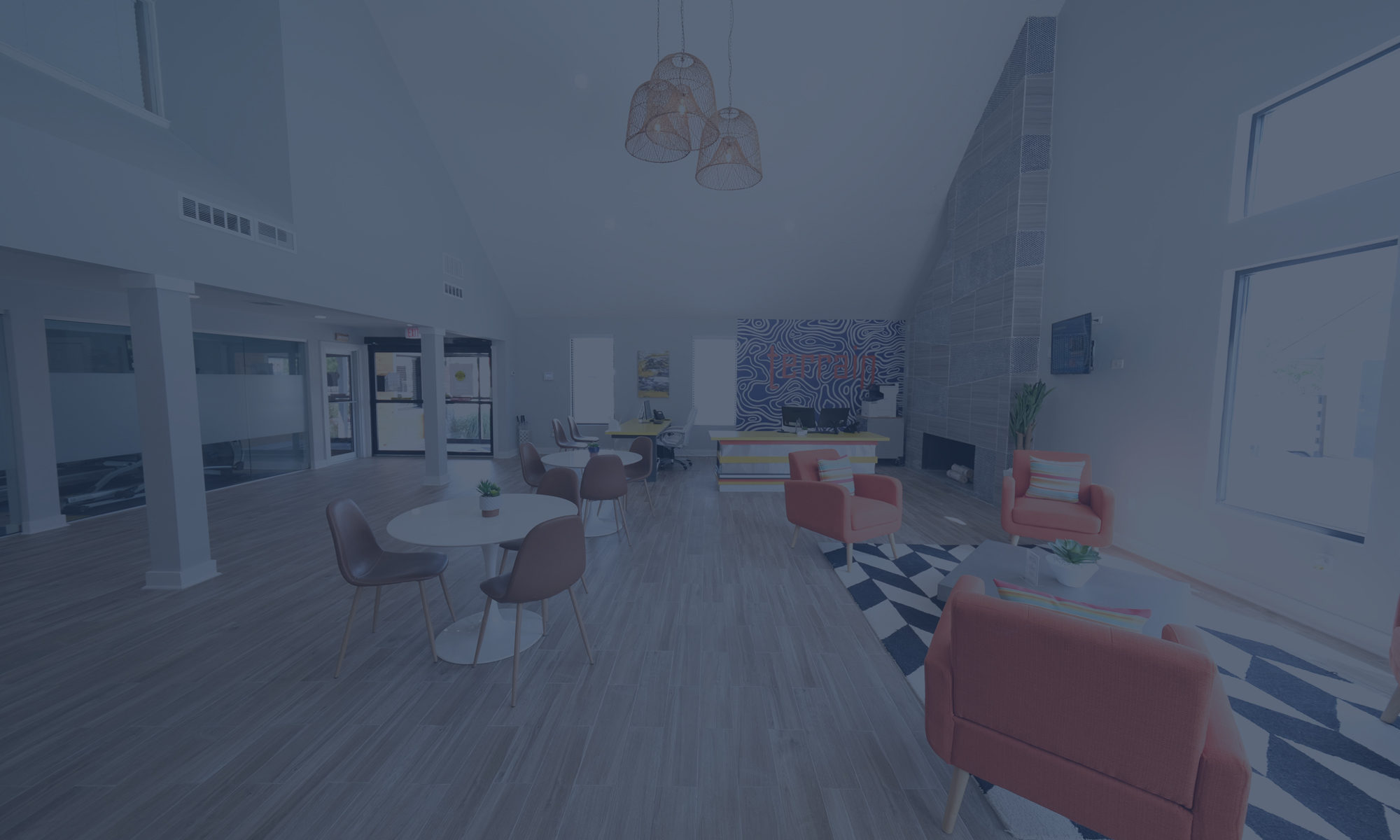Developers are converting closed hotels and motels into housing, aiming to offer affordable units in hot markets with high rents
Wall Street Journal By Will Parker and Konrad Putzier December 22, 2020

Investors are buying hotels and turning them into rental apartments, in the latest sign of how the Covid-19 pandemic is changing the American real estate market. These buyers are trying to take advantage of the hospitality industry’s crisis by taking over struggling or foreclosed properties at bargain prices. They are also looking to profit from rising demand for cheap housing from households forced to downsize during the recession. The small but growing number of hotel conversions some properties are also being turned into offices-is a symptom of the turmoil the pandemic has caused in the hotel sector. Many properties are shut down or running steep losses because of a drop in travel.
The share of hotels with securitized mortgages that were delinquent on their loans was 19.66% as of November, up from 1.52% a year earlier, according to Trepp LLC. Even before the pandemic, a surge of hotel construction over the past decade had left some cities with a room glut.
”We consider ourselves a building recycling company,” said Dan Norville, president of Vivo Living. The company converted its first hotel into apartments in late 2019 with the former Bigelow hotel in Ogden, Utah, a property originally built in 1927 with about 112 rooms.
Since the start of the pandemic, Vivo has added three more hotel conversion projects in Mesa, Ariz., South Bend, Ind., and Winston-Salem, N.C. The company is in contract to buy a fourth hotel, outside San Antonio early next year. Many of the properties Vivo is looking at are older motels with open-air corridors and staircases shunned by big hotel brands. ”There are so many of these exterior-corridor motels throughout the U.S., and it’s a functionally obsolete product type for the hotel industry,” Mr. Norville said. ”But when you look at them, and you look at a garden-style multifamily right next to it, they’re almost the exact same property footprint and type.”
Elan Gordon, principal of real-estate investment company SHIR Capital, which has converted hotels into hundreds of apartments in South Carolina and Texas, said the business plan works best in markets where the price of studios in new buildings has crept over the $1,000 a month mark. Hotel-room-sized studios can compete with those apartments with a 20% discount on rents. ”We are working within the market circumstances to kind of solve an affordable housing problem, even though it’s not our business plan to create affordable housing,” Mr. Gordon said.
Extended-stay hotels are ideal for creating the cheaper apartments, Mr. Gordon said, because while they typically measure smaller than the average apartment, they already have bathrooms and kitchenettes built into them. More conventional hotels need a more expensive rebuild, but even that often takes less than a year and is much faster than building from the ground up, investors say. Since the pandemic began, Mr. Gordon is in contract to convert a conventional hotel in Austin, Texas, into apartments, having previously finished three others.
These conversions sometimes require zoning changes that can be time intensive. Mr. Gordon said he has accomplished this in some locations by demonstrating to local governments that his apartments would be among the most affordable in the market. In many cases, hotel rooms are just large enough to qualify as the smallest housing units allowable under zoning law, said Jonathan Needell, president of real-estate investment firm Kairos Investment Management Co., which has lent money to converters.
Austin has been a particularly hot market for converters. The city has an average rent of about $1,500 a month, according to data from Yardi Matrix, a level that makes it difficult for many young professionals to have places of their own. ”The whole millennial thing of spending 40% or 50% of your income on rent, it just doesn’t make any sense,” said Lee Stuart, a 32-year-old concert promoter who lives in a 300-square-foot studio at the Hedge, a former hotel north of downtown Austin. Mr. Stuart was particularly budget conscious this spring when he was apartment hunting because he was furloughed early in the pandemic. The $700 rent is much cheaper than the typical apartment in his neighborhood. His plan is to use his savings from the lower rent to buy his own place eventually. ”If I do this for a year or two … I could go buy a two-bedroom apartment or condo” he said.

